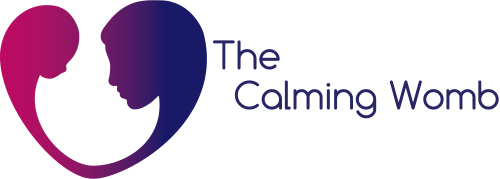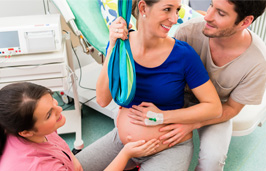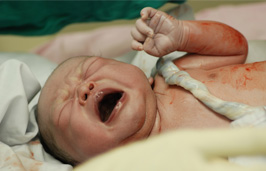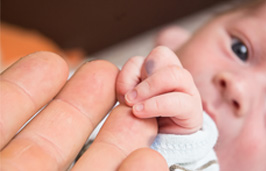
Baby + Mom
Pregnancy is often welcomed with joy and hope however, many challenges and distress may still occur during a mother’s pregnancy. Any concerns simple or complex may impact the wellness of the mother, her baby and cause stress on her multiple relationships. Oftentimes, mothers have to face planned or unplanned life changing events.
Mothers “to be” can be confronted with life changes, identity shifts, relational conflicts, financial uncertainties, unplanned pregnancies, ambivalence about their bonding to their babies, body image difficulties and/or hormonal dysregulation.
For many mothers who were victims of childhood abuse, symptoms of depression, anxiety, or post-traumatic stress may return again, or surface for the first time during pregnancy.
If you are a mother taking the Adverse Childhood Experiences (ACE) questionnaire at the beginning of your Pre-perinatal care is vital. If the score is high, Pre-perinatal informed Psychotherapy as well as, increased OB-medical attention will be advantageous.
During gestation mothers are particularly receptive to positively impacting both the life of their babies and their own. The ACE questionnaire can indicate the need for early intervention. This too can be a safeguard for the baby and prevent multigenerational trauma which we know can be passed down.
How do we protect and care for the baby “in utero” when the mother’s ACE score is high?
-Pre-perinatal EMDR-attachment trauma informed-therapy can be most helpful.
-The management of life conflicts and situational distress is an effective intervention.
-Resourcing the mother and reducing common anticipatory anxiety will benefit her, the child and those around her.
– Conjoint sessions facilitated by the psychotherapist with the mother, the father of the baby, family member(s) and other children, can be extremely helpful and informative for all involved.
-A Psychotherapist who reaches out to the medical team involved in the mother’s care such as, her OB doctor, Midwife, Ultrasound technician and others will prove invaluable.
-Psychoeducating the mother about the importance of a smooth adjustment between the children at home with the baby is an important conversation.
- Nutritional support by a Registered Dietician is recommended as it will benefit the mother and child.
- Integrating the OB-Medical care with the psychotherapy and the nutritional services is a best clinical practice.
Lastly, talking to the baby “in utero” is early stimulation and this positive communication will most likely promote a positive bonding experience and strong spontaneous mothering activities.
How a woman feels about being pregnant and how much perceived support she feels that she is getting from her partner will contribute to a successful pregnancy.
A baby fills a place in your heart that you
never knew was empty.




